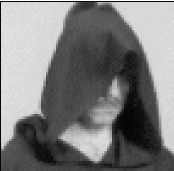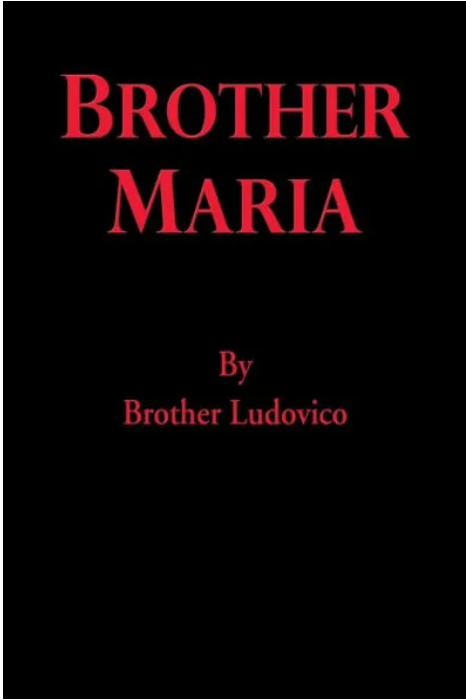Despite the sheer volume of pages, Brother Ludovico decided to keep the story within one novel rather than breaking it into several books because he felt that, while all the chapters are complete on its own, they are all interwoven and should be kept together in one larger work. He explained, “It’s a hard thing, you know, to actually talk about… it has strands that go throughout the whole book…I know that they’ve approached a number of authors and the authors kind of take my side. They’re vehemently against it because it’s one, basically, one thought and the author doesn’t really want it to interrupted sharply… there’s an invisible, intangible building that occurs, or at least the writer wants to occur in the reader… and there are other things about Brother Maria that if I was to adapt a modern mentality to, would not be Brother Maria. I want it to be wild and raw. I want it to be a wild, poetic opus of the soul… reach for its depths and so on. I want it to be unlicensed. I think that’s why… It doesn’t come out true with me thinking that I’m going to be writing three novels that have to fit together. It doesn’t happen, it doesn’t happen.”

I knew what, you know, I wanted to do before I took the chisel to the marble.”


What’s true of all the evils in the world is true of the plague as well. It helps men to rise above themselves. All the same, when you see the misery it brings you’d need to be a madman, or a coward, or stone blind, to give in tamely to the plague.”

Podcast: Play in new window | Download
Subscribe: RSS

Great book. Had the feeling it was thoroughly researched,
but never burdened the story. Really, more a love story
than anything else, a poignant love story on different levels,
with different types of love. Language is a pure simple poetry.,
from start to finish. A book like no other out there. Right from
the 19th century, written with madness and love. A jewel if ever
there was one.
Great book. Romantic. Erotic. Deep. Well researched. The prose is a
pure, simple poetry from first to last. Far more than a treat, a feast.